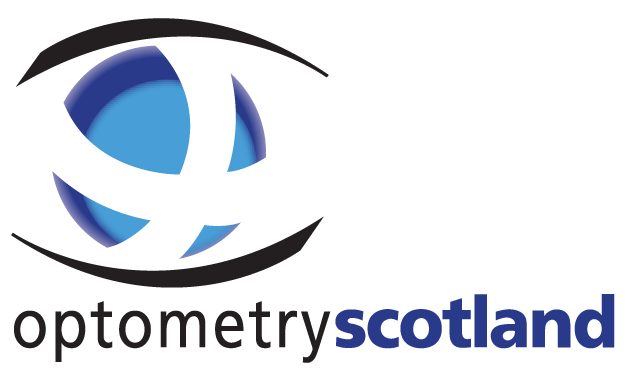We are pleased to announce that we have launched a short-life working group (SLWG) to investigate the need for investment in new technology to treat eye patients.
The taskforce, funded by OS, will explore the use of OCT technology in community optometry, to determine the benefits and value of additional investment and the potential for expansion across Scotland.
The findings will then be presented to the Scottish Government.
The group is expected to run for around six months and will comprise seven members, representing a breadth of stakeholders across the eyecare industry.
These include Julie Mosgrove and Eilidh Thomson, chair and vice chair of Optometry Scotland, as well as individuals from multiple and independent practices, NHS National Services Scotland, ophthalmology, and the University of Aberdeen.
Optical Coherence Tomography (OCT), a non-invasive imaging test used to aid early diagnosis of eye health conditions, will be a primary focus of the SLWG’s research.
While initial investment in retinal imaging technology was supported by the Scottish Government via grant funding in 2008, these machines have become outdated, and many practitioners have chosen to offer OCT services privately.
OCT scans serve a crucial role in preventative care for patients, providing advanced detection of conditions such as glaucoma and retinal diseases including macular degeneration.
It is thought that early diagnosis and treatment of such issues could reduce the long-term impact on secondary care resources, minimising the number of people referred to hospital and ultimately improving the healthcare standard within Scotland.
As a result, the short-life working group aims to determine the financial implications of universal implementation of OCT technology in the community, while providing research-based evidence to support the need for the service.
Eilidh Thomson, vice chair of Optometry Scotland and practicing optometrist, said: “We are incredibly fortunate to live in a day and age where technology can serve such a fundamental role in the healthcare process. However, this can only provide value to patients if access is equitable.
“Universal provision of OCT scanning would improve the quality-of-care optometrists can provide across the country, and in turn benefit the health of the nation. OS is pleased to be launching the group now and look forward to presenting results and recommendations to the government later this year.”
